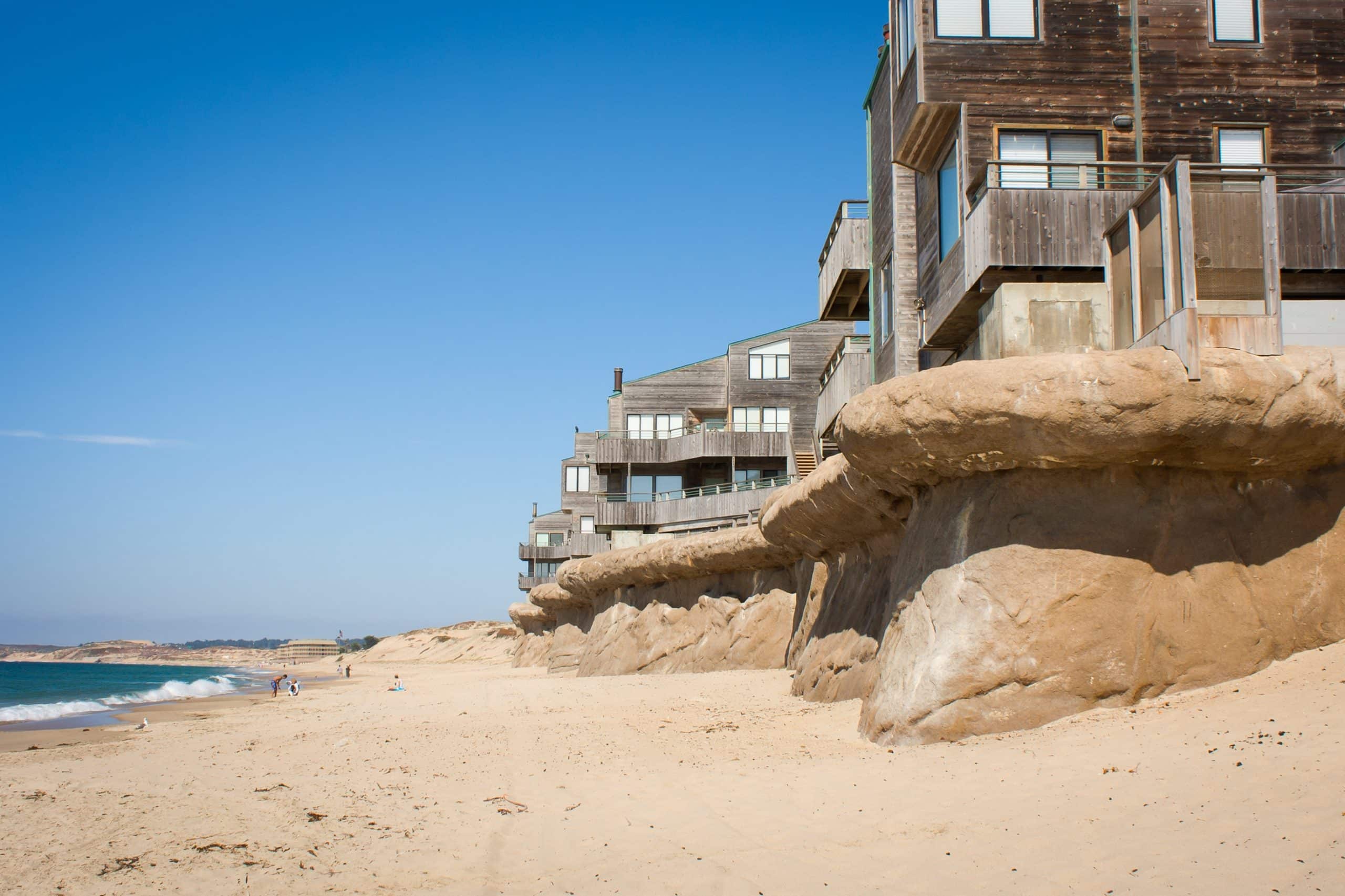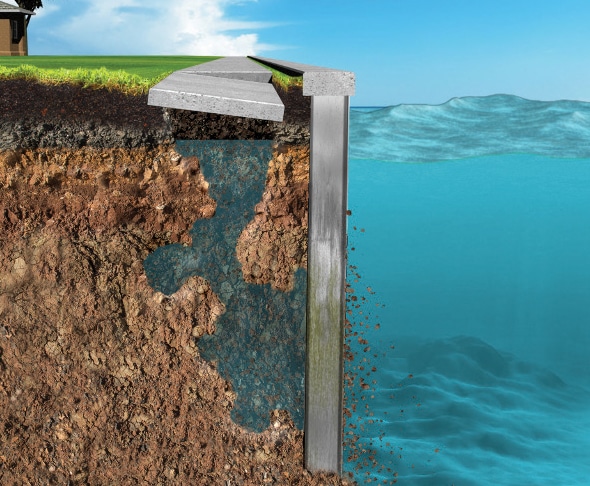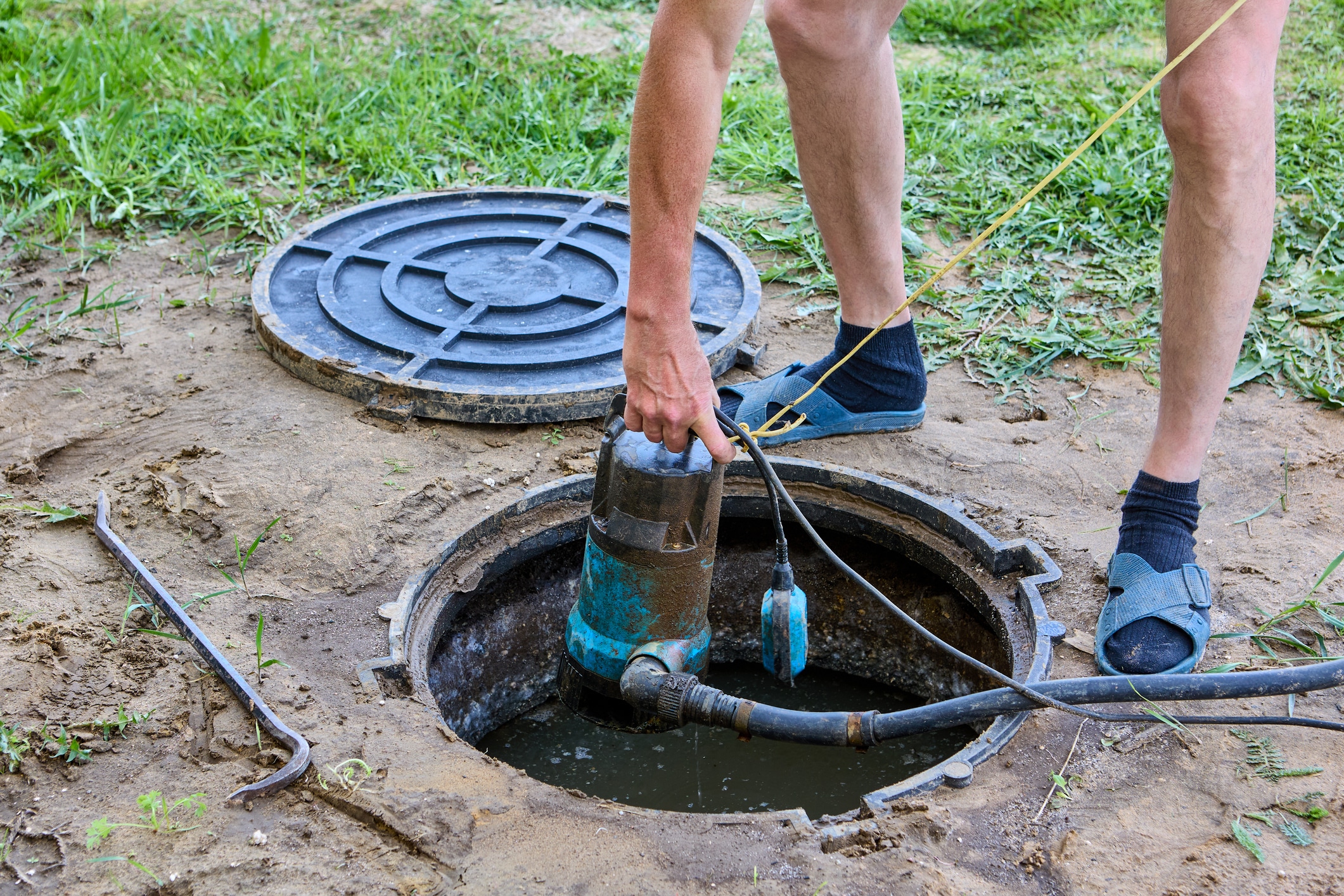Do you see a new seawall in your future? Protecting your waterfront property is the top priority, but you also want to increase your property value. With the right seawall material, you can achieve your goals and minimize maintenance. These are the most common materials used in building seawalls to help you decide.
Choosing the Right Seawall Materials
Before making your material selection, you should understand some factors affecting seawall construction. First, consider your location. The kind of seawall you need for a freshwater property that sees little wave activity or tidal changes is not the same kind you need for oceanfront property or rougher weather conditions.
Secondly, think about the size of your seawall. A small area may be easier to access for construction than a seawall that runs the entire length of your property. Lastly, the weather and tide can make the material decision for you; without a seawall that can withstand the environmental needs, you may need to replace it sooner than expected.
The Top 4 Seawall Materials
Let’s look at which materials work best for your environment and needs. Here are the four most often used materials in seawall construction:
Metal
Steel and aluminum are both affordable options that can handle weather extremes. Unfortunately, they are also more likely to rust over time and require heavy equipment for installation. Sometimes installers use metal to reinforce concrete, especially for larger projects.
Concrete
If you are looking for durability and low maintenance, concrete can give you everything. These walls last a long time and are often used for larger seawall areas.
Vinyl and Composite
These are the new kids on the block, and they offer a lot of versatility in style, and the colors do not fade or stain. You can install vinyl or composite over an existing seawall to shore it up without heavy machinery. Vinyl and composite seawalls are best for low waves and small areas.
Wood
Wood seawalls are attractive but do not hold up well in saltwater. Reserve this option for calm freshwater areas or above the waterline.
You may also want to consider any environmental concerns that can affect seawall construction at your property site to ensure you comply with federal, state, and local regulations.
Still unsure which material to use for your waterfront property? Talk to the trained professionals at All State Civil Construction. With over 20 years in the business, we can help you with your seawall installation. Contact us online or call (386) 465-2187 to learn more about our services and decide on the best options for your new seawall.









